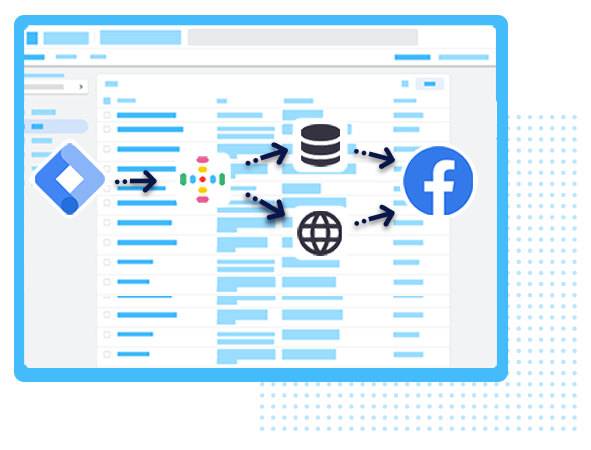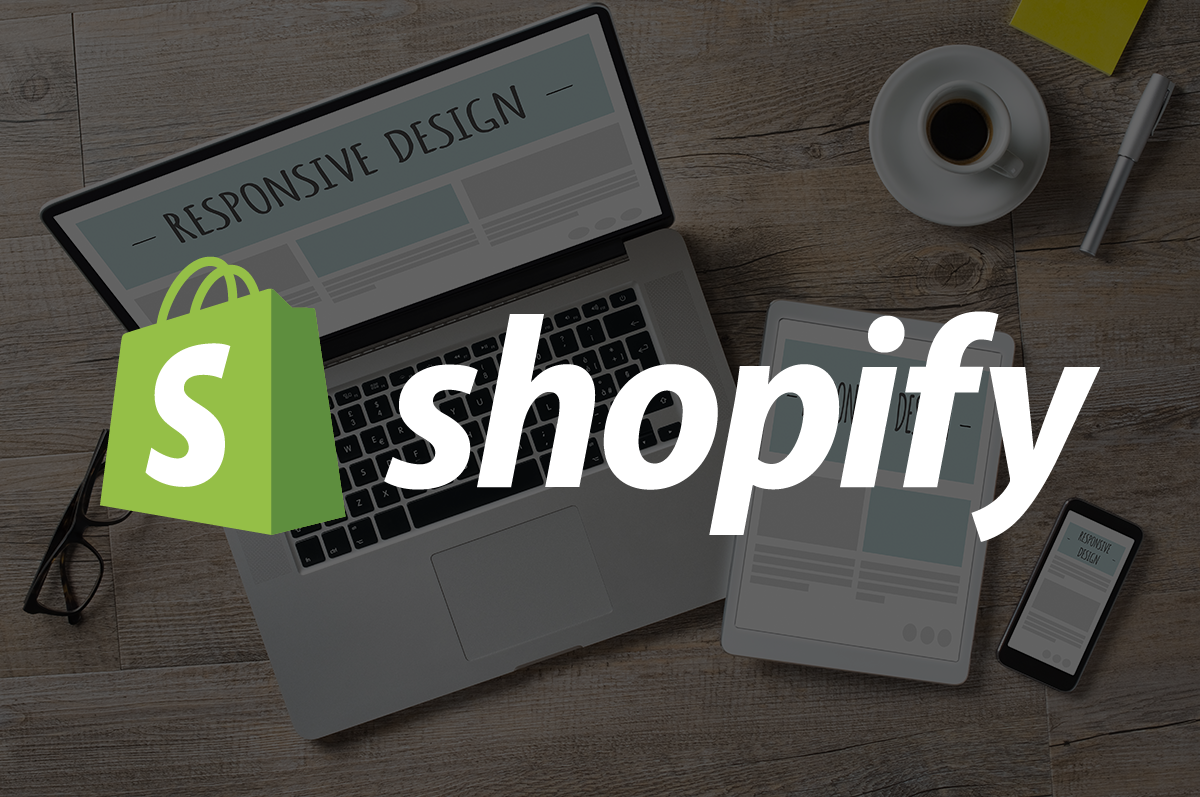
Has the company started using social media platforms yet? Not sure which social media platform is best for your company?
Using social media is the most common and effective marketing method for small businesses. However, not all social media channels are the same, each platform has its own specific user groups, and each platform’s user groups have different characteristics, so companies should consider when deciding which platform to use. The characteristics of social media and driving groups, as these differences can affect a business's marketing efforts.
This article is the editor's talk based on the experience gained by many business owners and senior workers.
- Consider the nature of the company's business
It depends on whether the company has a business-to-business (B2B) or business-to-consumer (B2C) business model. For B2C companies, Facebook and Instagram help gain visibility, engage and engage with customers. For B2B, LinkedIn helps target current and potential customers and build personal connections. Also, using YouTube to interact and share is highly recommended. Because Youtube adds authenticity to brands.
- Focus on core target audience
Small businesses can't afford the luxury of failing frequently, so small businesses need to make sure their advertising budgets are well spent. Small businesses should take the time to really understand their audience and where to find their target audience. According to the data, search engines often deliver the best returns.
- Consider customer demographics
In terms of demographics, learn more about which group most customers belong to, such as age and gender. Do some research on this and narrow down the platforms to find the right social platform when digging into the demographics. No matter which social platform you choose, invest the time and effort accordingly.
- Go where your target audience is
When choosing a social platform, choose based on the size of your target audience. For example, if the business model is B2B, go to LinkedIn; if it is e-commerce, go to Instagram. To determine the platform on which the customer is located, it is valuable to truly grasp the social platform of choice. Mastering the right social platform of your choice will have the greatest positive impact!
- Research competitors in the market
Research the market's top competitors in all markets. Check each of their social media pages to see what content they are posting, how often they do it, and how many users are engaging with that content. Once you have concluded which social media platform produces the greatest results, choose that platform. However, before getting started, the software related to these goals should be set up.
- Optimize your website
Websites play an important role in today's business environment. The website will show up on emails, on business cards, and on search engines. Actively make the site look great and add rich content.
- Develop a consistent strategy across all platforms
For small businesses, maximizing coverage with minimal effort is key. So, more important than focusing on a specific social media site is creating a consistent social content strategy and then pushing that content to all major platforms. There are many free scheduling APIs on the web these days, making it easy to schedule one or two posts per week to multiple places.
- Let the product or service lead
When a small business is just starting out, it is most important to keep the functionality lean so that it can generate activities with the highest ROI. For example, if you are building a small consumer-facing brand, start with Instagram. If you focus on generating high-quality leads, publish value-added content on LinkedIn.
- Participate in forum discussions
Share some company or product-related content in your Blog or Post, but please don't share low-quality, uninteresting content. To drop the self-promotion hat, get to know your audience, choose a catchy title, and engage in discussions regularly.
10. Start with email software
Email marketing is applicable to virtually any industry or demographic. Because as long as the target audience has a social media account, it means they have an email. Email marketing is not only an effective tool for communicating with customers, but it is also a great way to find potential customers! Email addresses are gold. If you can collect them, they will be yours forever, unlike social media followers who can disappear at any time! -




